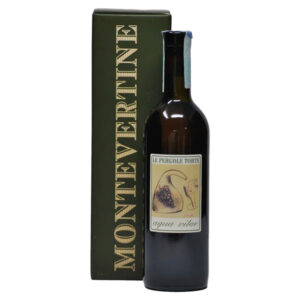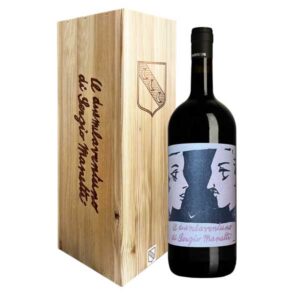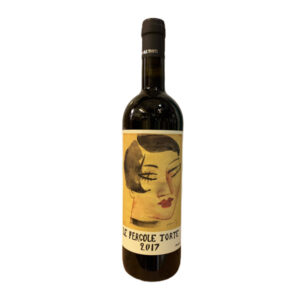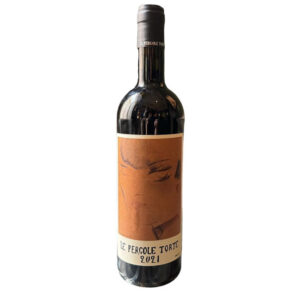
Montevertine
Montevertine is located in the heart of Chianti, halfway between Florence and Siena, precisely 3 kilometers south of Radda in Chianti.
Sergio Manetti bought Montevertine in 1967 as a vacation home for his family. Manetti immediately planted two hectares of vineyards and built a small cellar with the idea of producing wine for family and friends. The first vintage produced and bottled under the supervision of Sergio Manetti dates back to 1971 and it was immediately clear that it would not be a wine “just for friends”. A few years later Manetti abandoned his main activity to devote himself to what had become his new passion, wine.
Manetti immediately recognized the potential of Sangiovese and dedicated all his efforts to it. In 1981, due to the refusal of Chianti Classico to approve a wine made only of Sangiovese, Montevertine left the Chianti Classico consortium, thus renouncing the denomination. Despite the formal lack of the appellation, Montevertine nonetheless remains one of the rare examples of a true Chianti Classico.
Recent years have seen a generational transition to Montevertine with the passing of Sergio Manetti, Giulio Gambelli (the estate’s master taster for many years and a great connoisseur of the Sangiovese grape) and, more recently, Bruno Bini (the cellar master). Montevertine is now in the hands of Martino Manetti, son of Sergio, and Paolo Salvi, a pupil of Gambelli. Both protect the style and philosophy of their predecessors.
The estate is located at an altitude of 425 metres. There are 18 hectares of vineyards in Montevertine, 90% of which are planted with Sangiovese grapes with the remaining vineyards dedicated to Colorino and Canaiolo.
The vineyards are divided into nine separate parcels. The oldest vineyard, planted in 1968 is that of Pergole Torte. After a manual harvest, the grapes are fermented in large concrete vats (150 hl) for at least 25 days.
Malolactic fermentation takes place in cement, then the wine is decanted into Slavonian oak barrels ranging in size from 5.5 to 18 hectoliters in capacity. The Pergole Torte is finally decanted into French barriques (Alliers) for the final six months of its refinement.
Showing 1–12 of 25 results












